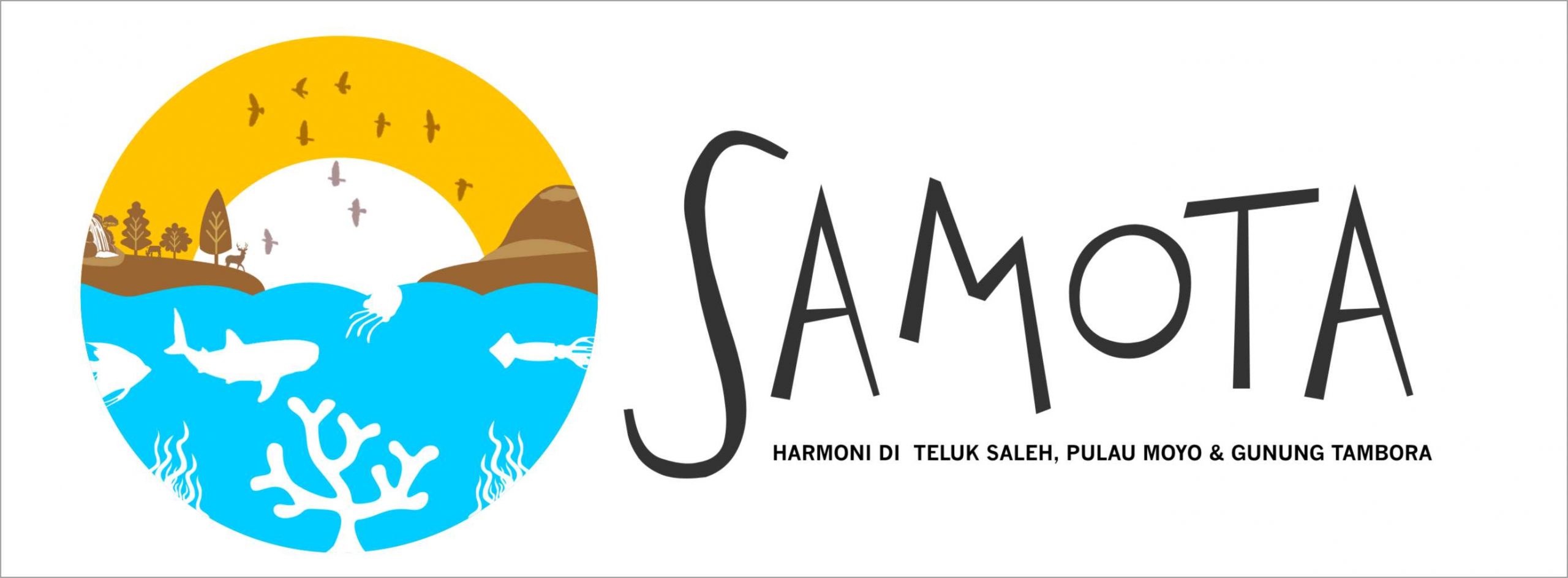Abstract: Access to and use of digital technology promise positive impacts on young adults with disabilities’ social and economic integration, and on supporting their autonomy, and facilitating their inclusion into society. We conducted a scoping review and participatory approach to examine the barriers to access and utilization of digital technology to support the transition stage needs (in relation to education, daily living, community integration, and employment) of young adults with disabilities during Covid-19 pandemic. Identified barriers included affordability, availability, infrastructure, and access to community activities. The review highlights the importance of facilitators for promoting digital inclusion of 20 young adults with disabilities whose making batik with natural dyes. They are members of the Kubedistik SMEs in Tarakan. Online-based activities carried out during the Covid-19 pandemic show positive impacts, both in terms of increasing insight, skills, access to technology and literacy skills, as well as on self-confidence, work motivation, and potential for increased economic activity. Results suggested the need for greater emphasis on modeling and facilitating strategies to enhance skill, positive work-related cognitions, and appropriate non-verbal and paralinguistic styles.
Sitasi: Saribanon, N., Siregar, M. A. P., Joshi, L. K., Zuhriansyah, Z., & Rubyawan , R. (2020). DIGITAL LITERACY AND ACCESS TO TECHNOLOGY IN THE EMPOWERMENT PROGRAM FOR PERSONS WITH DISABILITIES DURING THE COVID-19 PANDEMIC. Journal of Social Political Sciences, 1(2), 129-143. Retrieved from: http://e-journal.unas.ac.id/index.php/jsps/article/view/16
